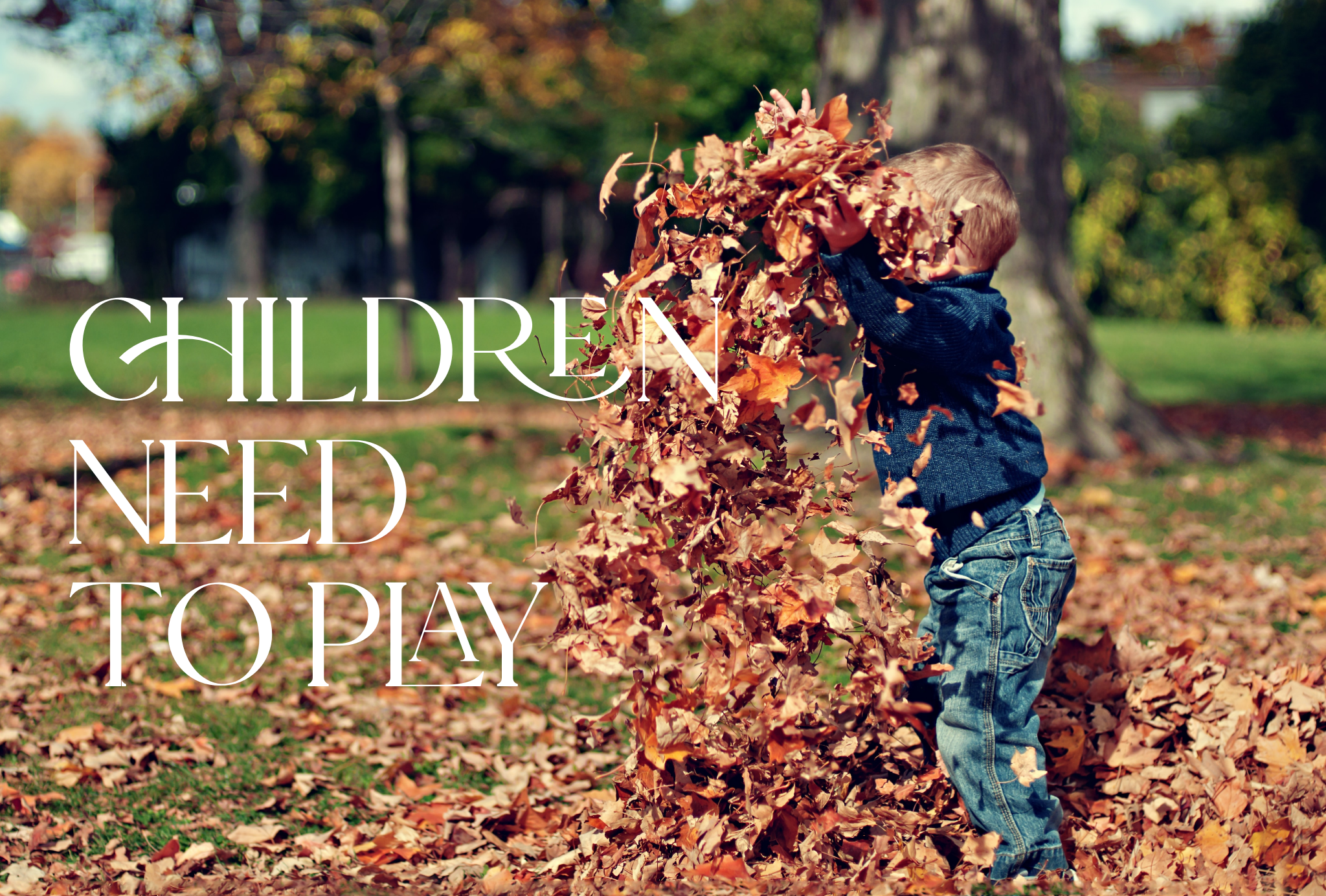The concept of playing has been on my mind a lot lately. I mean a lot. So I decided to revisit this topic in a blog post because it might be helpful to you too.

We live in an era where we are so busy that we forget that children need to play. Play is an essential component of human development, and it has been widely recognized as a fundamental human need. From a young age, children engage in various forms of play, including imaginative play, physical play, and social play. Play allows children to explore their environments, develop cognitive abilities, and build social skills.
Sadly, most science education curricula dismiss the importance of play and create very few opportunities, if any, to engage in play. However, if we want the next generations to be scientifically literate, we must reconsider the freedom a child is afforded throughout the day. If you need a list of STEM toys, I published a simple list for you.
One of the key benefits of play is the promotion of creativity and imagination. When children engage in imaginative play, they develop their imagination and creativity, which allows them to think outside the box and come up with innovative solutions to problems. For example, children who play with construction toys like building blocks or Legos are engaged in play that encourages them to think creatively and solve problems.
Play also helps children develop cognitive skills such as problem-solving, decision-making, and critical thinking. When children play, they are constantly learning and addressing new challenges. Through play, children can practice their problem-solving skills in a safe and supportive environment. For example, children who play board games that require strategy and critical thinking are developing necessary thinking skills.

In addition to cognitive development, play promotes physical health and well-being. Physical games such as running, playing with balls, or climbing, help children reduce stress, harness physical fitness, and improve coordination and balance. Hence, this kind of play is also something we need to encourage throughout the day.
Play is also an essential part of social development. Social play allows children to learn how to interact with others, negotiate, and cooperate. For example, when children play together, they must learn to take turns, share resources, and resolve conflicts.
Developmental Stages for Play by Age
Our expectations of what children can do should match their age. Most parents wonder what their child *should* be able to do (in terms of play) at their current age. So, here is a basic guideline proposed by the American Academy of Pediatrics.
Infants (0-12 months): Infants enjoy exploring new textures, colors, and sounds through their senses. They may enjoy playing with soft and cuddly toys, shaking bright and shiny objects, and listening to music.
Toddlers (1-3 years old): Toddlers are becoming more mobile and curious about the world around them. They may enjoy playing with simple toys that have buttons, levers, or knobs that they can manipulate. They are also beginning to make connections between objects and their functions.
Preschoolers (3-5 years old): Preschoolers are becoming more imaginative and social, and they enjoy playing with others. They may want to pretend play, build with blocks, play simple board games, and explore the outdoors.
Early Elementary (6-8 years old): Children in this age group are becoming more interested in games with rules and may enjoy team sports or more complex board games. They are also beginning to develop their interests and hobbies.
Late Elementary (9-12 years old): Late elementary children may enjoy more complex games, puzzles, and building sets. They may also begin to explore more creative and artistic forms of play.
Keep in mind that these are just general guidelines, and every child is unique and develops at their own pace.
If you need ideas for games to play with your children, I have some ideas for you. I wrote a few posts where I shared ideas. This one is for physics games, and this other post is for a biology game.
In conclusion, play plays a vital role in human development. It helps children to develop creativity, imagination, cognitive skills, physical health, and social skills. Parents and caregivers should prioritize play to promote children’s overall well-being and development.
If you are interested in getting additional ideas on games you can play at home, let me know. I would love to help your family.


0 comments on “The Effects of Kids Not Playing”